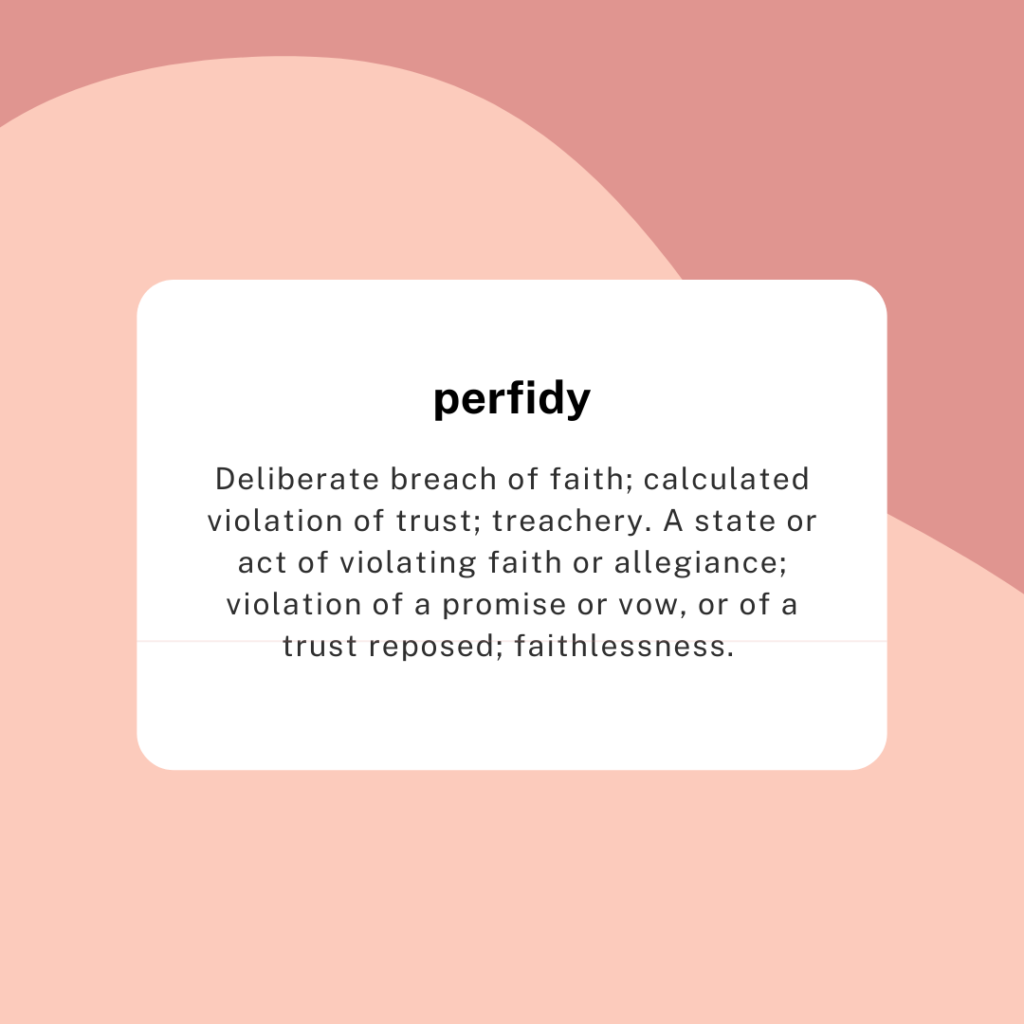In the 1968 musical “The One and Only, Genuine, Original Family Band,” there is a number in which two groups of cast members lyrically debate the merits of their respective presidential candidates in the election of 1888, Grover Cleveland and Benjamin Harrison. One side highlights an accomplishment of their favorite, to which the other side responds dismissively, “That’s politics!” Then the first group retorts grandiosely, “No, that’s statesmanship!”
The humorous back-and-forth captures a timeless truth of electoral politics: Partisans find it nearly impossible to judge the merits of their political leaders objectively. Depending on whose team he’s on, a politician’s verbal miscues will be either an endearing reminder of his humanity or decisive proof of his idiocy. Her moral failings will be run-of-the-mill mistakes that everyone makes—or unforgivable crimes indicative of an essentially malicious character.
To some extent, this kind of human bias is inevitable and even desirable. The value of loyalty attaches us to a family, tribe, or other group and provides the emotional impetus needed to defend those to whom we are most closely knit. It also encourages us to avoid the sins of perfidy and treachery. But there is also a danger. Blind loyalty to one side—or its obverse, blind enmity toward the other—can lead us into the sins of injustice and calumny.

All of this points to the need for an overarching virtue that preserves us from falling off the tightrope into one of these extremes. That virtue is charity.
It’s no accident that the Christian New Testament elevates charity above all other virtues. In the classic definition, it is “to desire the good of the other.” Applied universally, it means that we desire the good of each and every human person.
Charity is necessary to keep competition in check. Competition among individuals and groups is an ineradicable part of human experience and can be a means to encourage excellence and spur human achievement. With charity, competing sports teams and businesses never lose sight of the fact that their rivals are human beings who possess the same intrinsic dignity as those who are on “our side.” Without charity, competition degenerates into destructive conflict.
All of this applies to politics. Do we genuinely desire the good for those whose public policy views differ from ours? If not, we may need to revisit the purpose of politics.
The preamble to the United States Constitution captures succinctly the intentions of those who erected our nation’s governance structure. The charter of government was established “to form a more perfect Union, establish Justice, insure domestic Tranquility, provide for the common defense, promote the general Welfare, and secure the Blessings of Liberty to ourselves and our Posterity.”

That summary of the purpose of government might very well be seen as a statement of the elements of what we now call “the common good.” The common good denotes those characteristics of society that furnish a climate within which individuals and groups can flourish in the pursuit of their rightful ends. “A more perfect Union” (peace and unity among the states), “domestic Tranquility” (basic civil order), and “the common defense” (protection from foreign aggression) are all conditions that are necessary for critical activities within society to take place. Recent unrest in our cities, for example, has made evident how difficult it is for businesses—sources of sustenance for employers and employees alike—to operate successfully when law and order are absent.
“Establish justice” points to the central justification for the state. As St. Augustine famously said, without justice, government is nothing but a band of robbers. Justice, according to ancient usage that was adopted by Christianity and that continues to undergird our legal system, is the resolution to give to each what each is due. Justice does not play favorites.
It’s important to remember that both the adjective and the noun are important in the phrase “promote the general welfare.” Government has a responsibility to enact and enforce laws that will lead to people’s betterment rather than detract from it, and that obligation is to be met in a way that applies generally—that is, not to special interests only.
The overarching purpose of all of these elements, and that of government more generally, is to “secure the blessings of liberty.” As the founders well recognized, human beings have rights that are prior to government. The Constitution did not grant those rights; it recognized and honored them. Here it builds on the Declaration of Independence, which proclaimed that the “Creator” had “endowed” us with rights, among them life, liberty, and the pursuit of happiness.
With this set of the fundamental ends of government in view, it should be clear that partisan politics must always be subservient to these goals—for these are the goals that manifest charity in public life. Civil peace, national defense, systematic justice, and the protection of basic liberties constitute the common goods that enable individual goods. If we have charity, desiring the good for all, we will work toward these common goods. Policy details will always be matters of controversy, but if we cannot agree to cooperate in the essential purposes of government, political dysfunction and civilizational decline will be the result.


